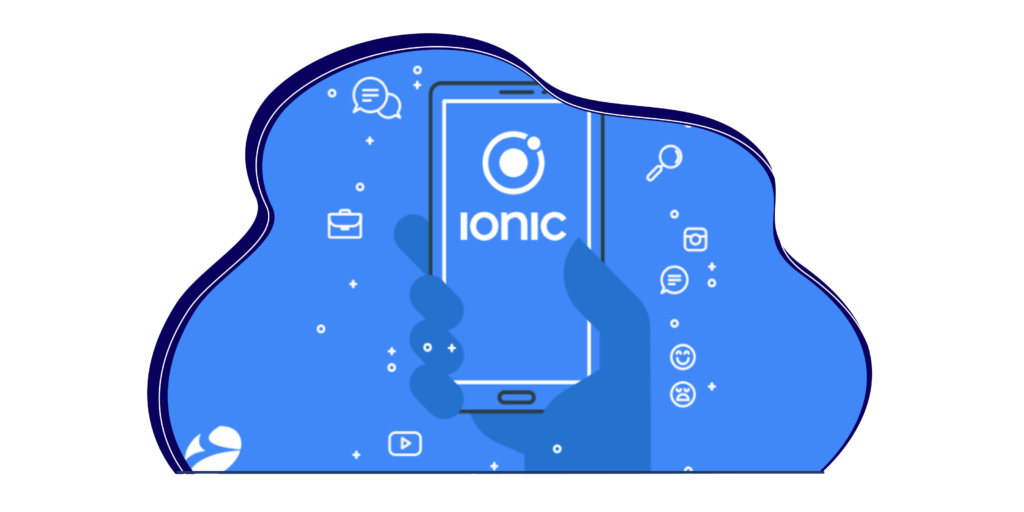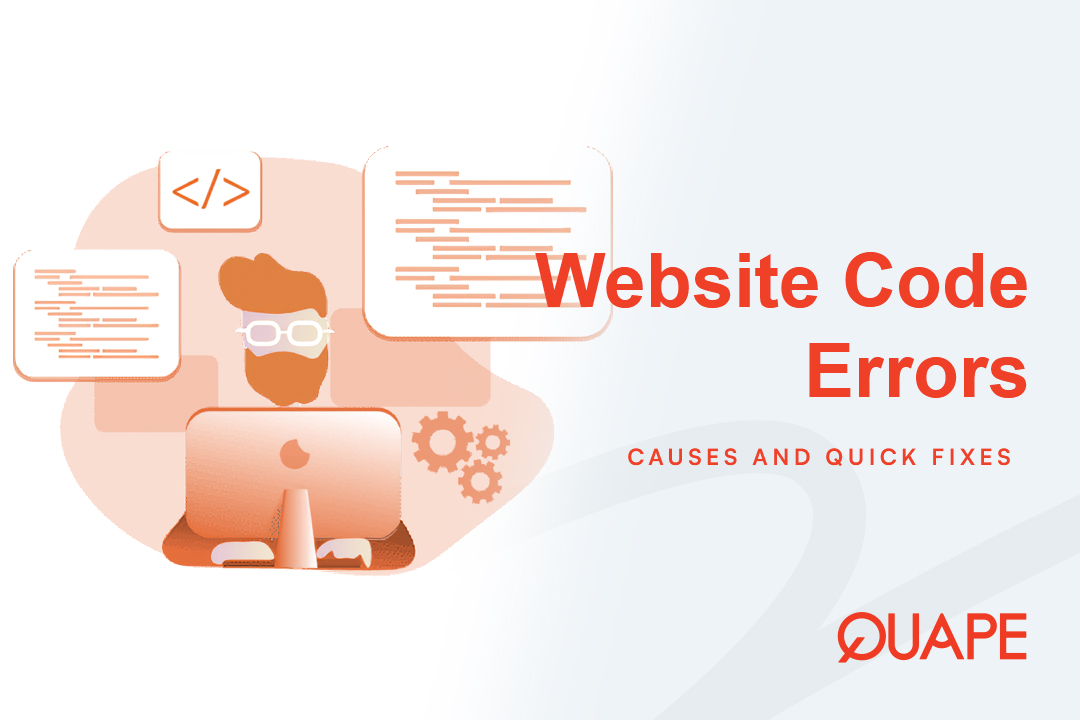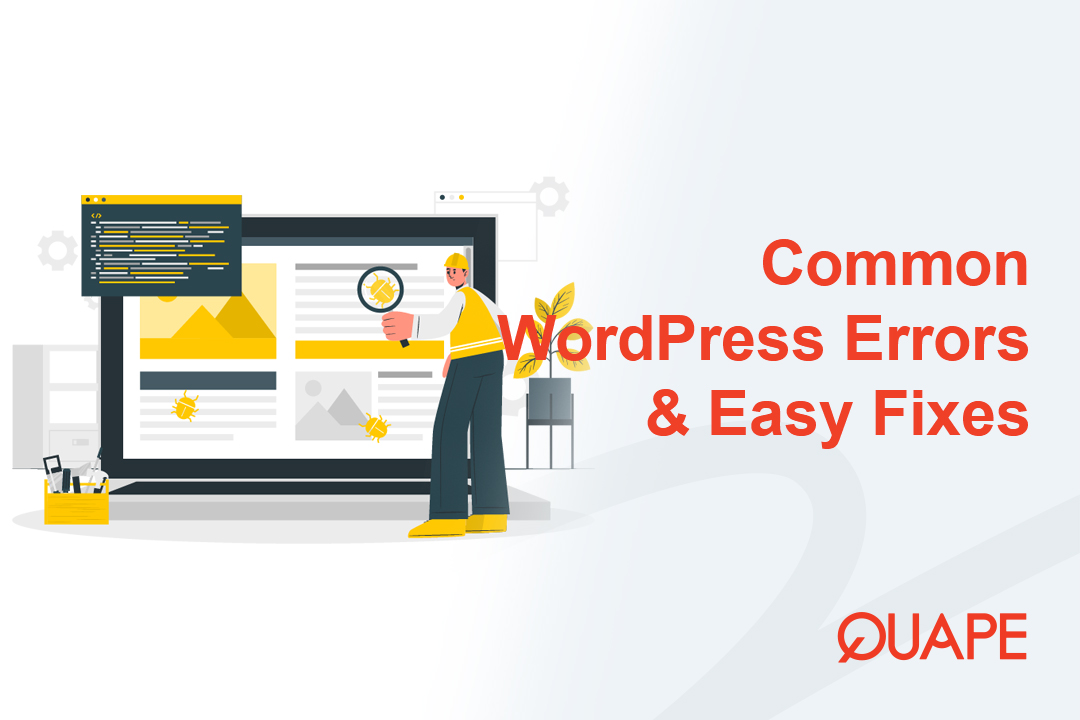In the fast-paced world of mobile app development, efficiency is key. Cross-platform development frameworks, which allow developers to write a single codebase for multiple operating systems like iOS and Android, have become incredibly popular. Among these, Ionic has long been a go-to choice, particularly for web developers, due to its use of familiar web technologies like HTML, CSS, and JavaScript.
However, while Ionic offers clear advantages, it also comes with a number of significant drawbacks that make it a less-than-ideal choice for many projects. In this guide, we’ll explore the reasons why you might want to reconsider using Ionic for your next project, as well as discuss more powerful alternatives.
Table of Contents
ToggleThe Promise of Ionic: What Made It Popular?
Ionic is an open-source framework for building hybrid mobile applications. It’s built on top of Apache Cordova and Capacitor, which essentially run your web app inside a native web view (a type of embedded browser).
The primary reasons for its widespread adoption are:
- Familiarity for Web Developers: If you know HTML, CSS, and JavaScript, you can build a mobile app with Ionic. This lowers the barrier to entry significantly.
- Single Codebase: You write your code once and deploy it to both iOS and Android, saving time and resources.
- Rich UI Components: Ionic provides a library of pre-built UI components that mimic the native look and feel, helping developers create attractive apps quickly.
- Free and Open-Source: The core framework is free, making it accessible for individuals and startups on a budget.
Despite these benefits, the reality of building a high-quality, high-performance app with Ionic can be challenging.
The Major Drawbacks of Using Ionic

While it’s a useful tool, Ionic’s architecture presents several key limitations that are crucial to understand before committing to it for your project.
1. Performance Issues (The “Laggy” Feel)
Ionic apps run inside a web view. This means they are essentially a website wrapped in a native container. For simple, content-driven apps, this is fine. But for apps that require heavy processing, animations, or access to device hardware, this web-based approach can lead to noticeable performance issues. The app may feel less responsive, animations might be jerky, and load times can be slower compared to truly native applications. This can significantly degrade the user experience.
2. Limited Access to Native Features
While Ionic uses plugins (via Cordova or Capacitor) to access native device features like the camera, GPS, or accelerometer, this process is not always seamless.
- Plugin Dependencies: You are dependent on the availability and quality of third-party plugins. If a plugin is outdated or poorly maintained, it can cause bugs or security vulnerabilities.
- Hardware-Intensive Tasks: For features that require direct, high-performance hardware access, a web view is simply less efficient than native code.
3. Debugging Complexity
Debugging an Ionic app can be more difficult than debugging a native app. When an issue arises, you have to figure out if it’s a problem with your code, the web view, or the underlying native code. This multi-layered debugging process can be time-consuming and frustrating for developers.
4. Not Truly “Native”
Despite its attempt to mimic native UI components, an Ionic app will never have the exact same look, feel, and performance as a truly native app. This can be a deal-breaker for brands that want to provide an uncompromised, high-quality user experience. An app built with a native-first framework will always have a performance and UX advantage.
Stronger Alternatives to Ionic
If the drawbacks of Ionic outweigh its benefits for your project, there are several powerful cross-platform mobile development alternatives that provide a better balance of performance, native access, and ease of use.
Flutter
- Why it’s better: Developed by Google, Flutter uses its own rendering engine (Skia) to draw UI components, which means it doesn’t rely on a web view. This provides near-native performance and beautiful, customizable UIs. Flutter’s “Hot Reload” feature also makes development incredibly fast.
- Ideal for: Performance-critical apps, complex animations, and companies that want to deliver a high-quality, native-like user experience.
React Native
- Why it’s better: Developed by Facebook, React Native uses JavaScript to render truly native UI components, not a web view. This means you get excellent performance and a genuinely native look and feel. It also benefits from the massive ecosystem of React web development.
- Ideal for: Developers who are already familiar with React and need a framework that delivers a truly native experience with a single codebase.
Native Development (Swift/Kotlin)
- Why it’s better: Building an app for each platform separately using Swift (for iOS) and Kotlin (for Android) offers the ultimate in performance, control, and access to all native features.
- Ideal for: Large-scale, complex applications where performance is paramount and budget is not a major constraint.
Conclusion
While Ionic offers a quick and easy entry point into cross-platform mobile development, its reliance on web view technology creates significant limitations in performance, native feature access, and overall user experience. For any project aiming for a high-quality, professional feel, a more robust framework like Flutter or React Native is a much better choice. These alternatives provide the efficiency of a single codebase while delivering a native-like experience that truly stands out. By choosing the right tool for the job, you can ensure your mobile app is not only functional but also fast, secure, and ready to impress your users.
Looking for the perfect hosting solution for your mobile app’s backend? Quape, a leading web hosting and domain company in Singapore, provides reliable and high-performance Dedicated Server and VPS Hosting solutions. Our robust infrastructure is ideal for powering the backend of your mobile app, regardless of the framework you choose. Explore Quape’s hosting solutions today and take the first step toward building a powerful and reliable app.
- What Is a Rack Unit (RU) in Colocation Servers - October 15, 2025
- Getting to Know Tier 3 Data Center: What Are the Benefits? - October 14, 2025
- Colocation vs Cloud: An In-Depth Comparison - October 1, 2025



